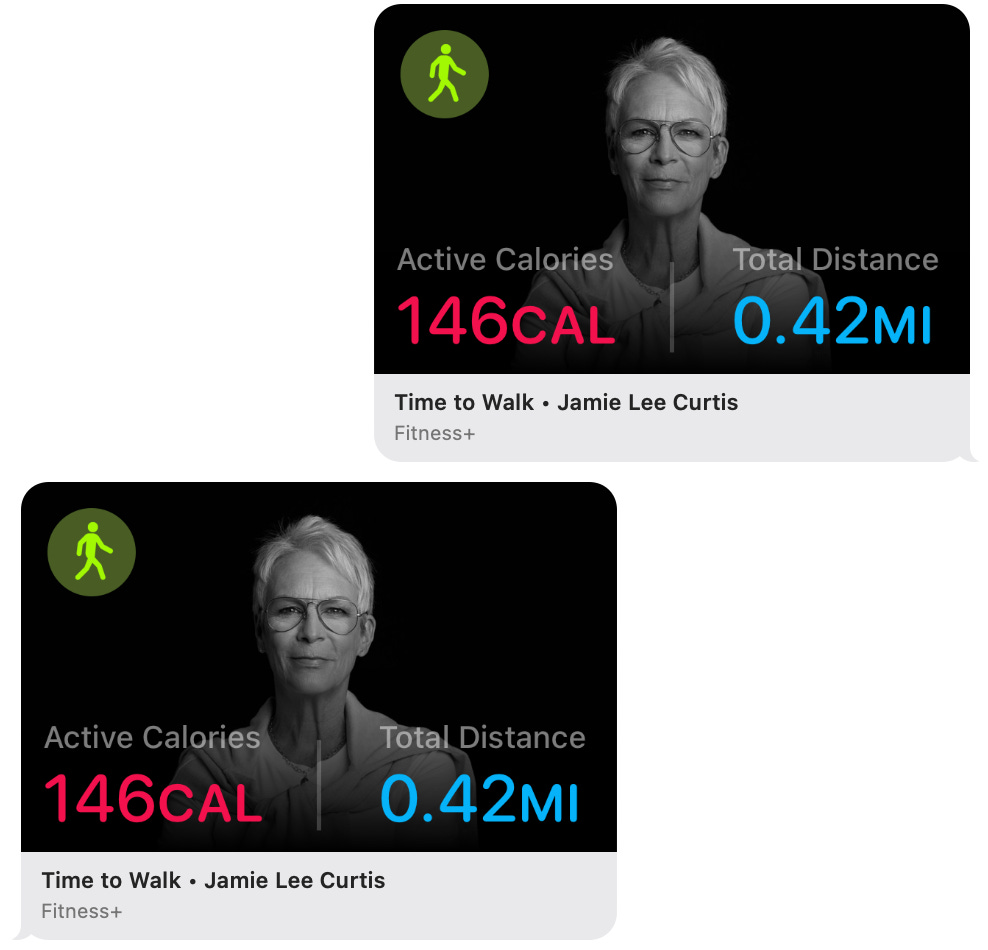I started listening to these audio-walking experiences from Apple’s “Time to Walk” series. Firstly, I did not expect the experience to be so highly produced: each episode begins with a backdrop of tree bark or sand or something crunching underneath the feet of whomever I’ve selected to walk with that day. It’s actually quite effective because it triggers the intimacy that comes with walking next to someone.
Anywho, I decided that the first person I’d walk with was Jamie Lee Curtis, with no particular reason at all. And right away she asks me: are you living a life where you are loving, and you are wise? With Love, I believe I try my best. But Wise? I don’t know, Jamie.
Because Wisdom feels very expensive to me at least. To love seems a lot more innate because it feels like something we embrace as soon as we enter the world. But to be wise feels like something we uncover at the end of our lives. Also, I don’t think one can simply choose to be wise? I would assume you would somehow be deemed wise one day when you walk into a room and people immediately swarm to you because they want to believe you have all the answers to their everything.
I recall being at a lecture last year with ethicist Tristan Harris. He defined “sensemaking” as how we make sense of the world and reality; “choicemaking” as how we filter and execute. And wisdom as closing the gap between the two. His definition of wisdom therefore asks of us to know our own frailties— goddamn.
There is a similar theory that started the conversation about “EQ” by Daniel Goleman, who framed the “wisdom of emotions” as the collected experiences of what has and hasn’t worked for us in life thus far, and what we draw upon in evaluating a decision for instance.
All these definitions resonate with what wisdom feels like, but I think we are all drawn to wisdom not because of its effectiveness for us in the moment, but for its timelessness. There is this ineffable quality about Wisdom that lives in hindsight, like some tattoo that sits on your arm with a meaning that only becomes relevant when you choose to make it relevant.
So to answer Jamie, I don’t know if we can be wise at this point. I don’t know if I can personally afford wisdom right now. But it does feel redeeming to think that with all the unwise decisions I’m making now, it’s only going to make my repertoire of wisdom stronger at the end.
Let us be loving and let us be unwise— until we’re not.



